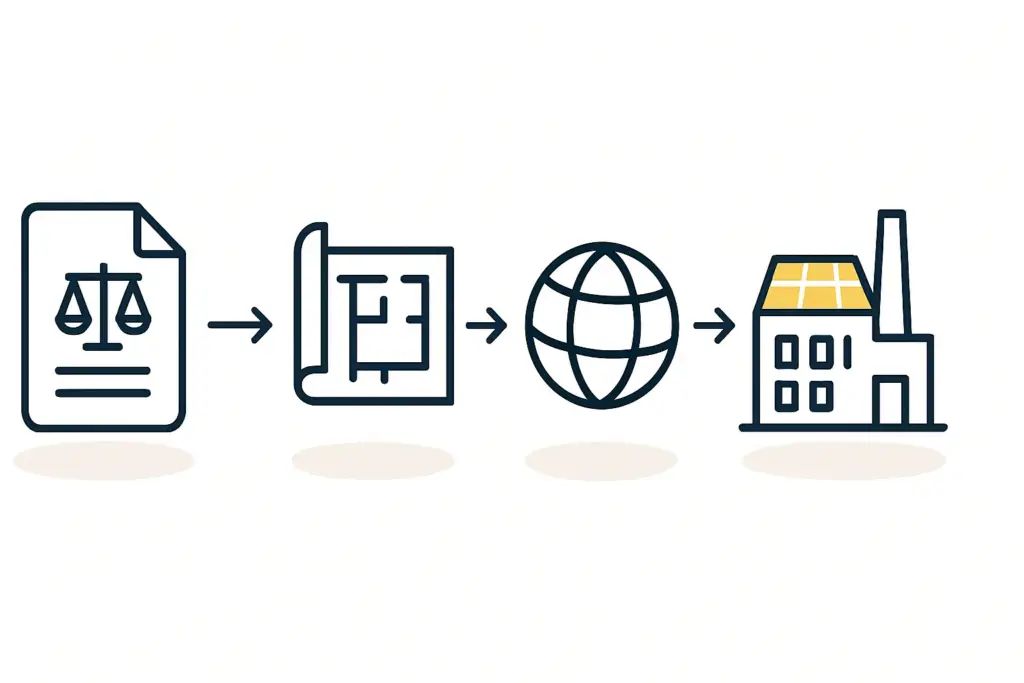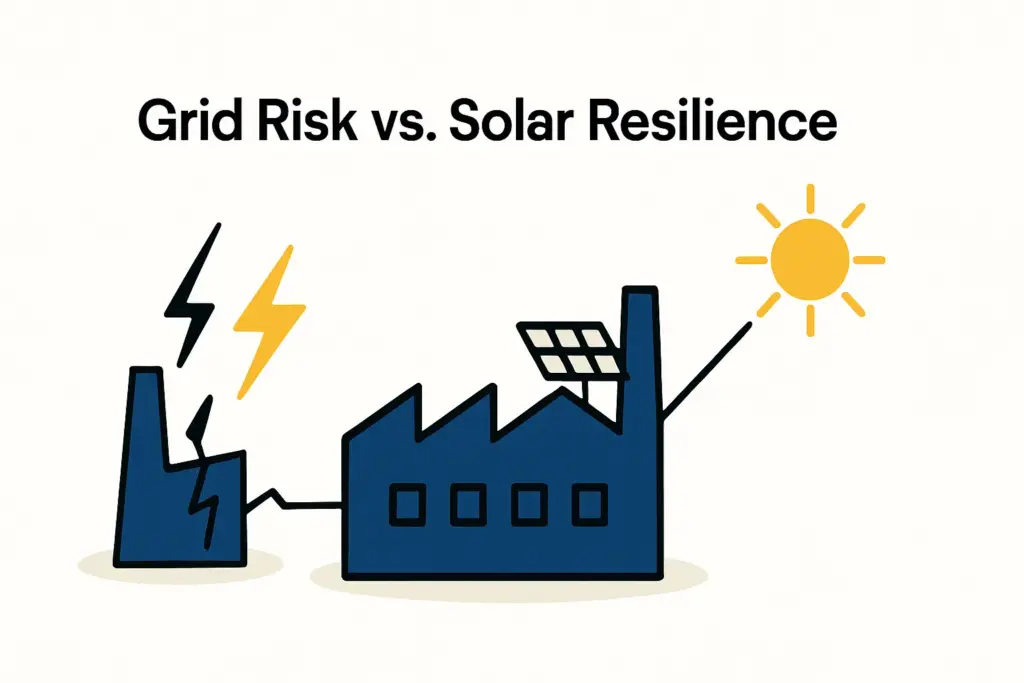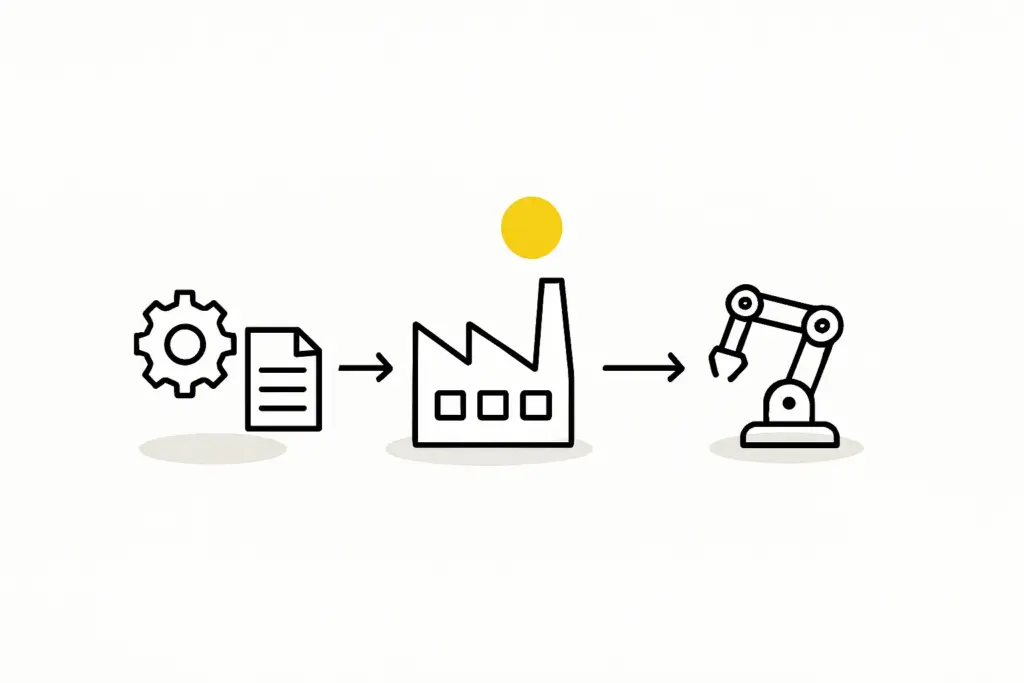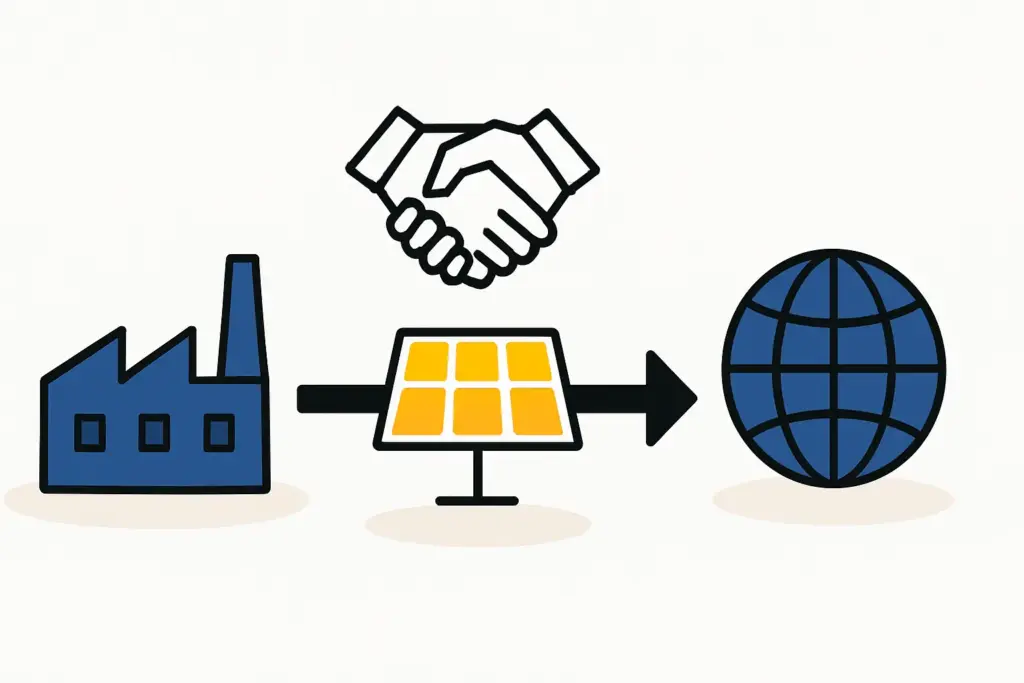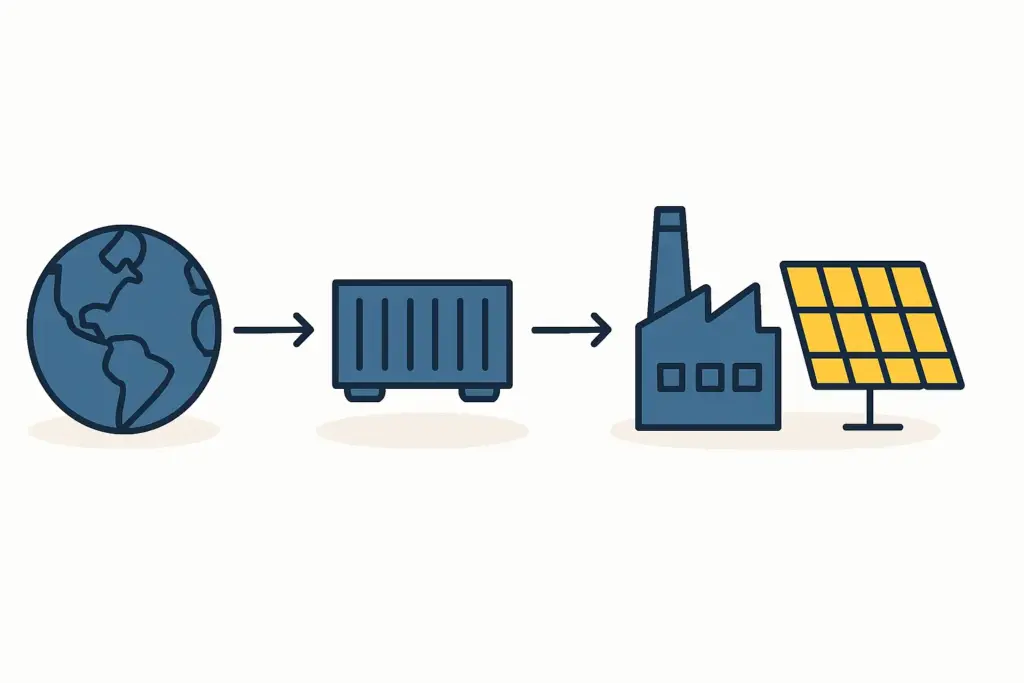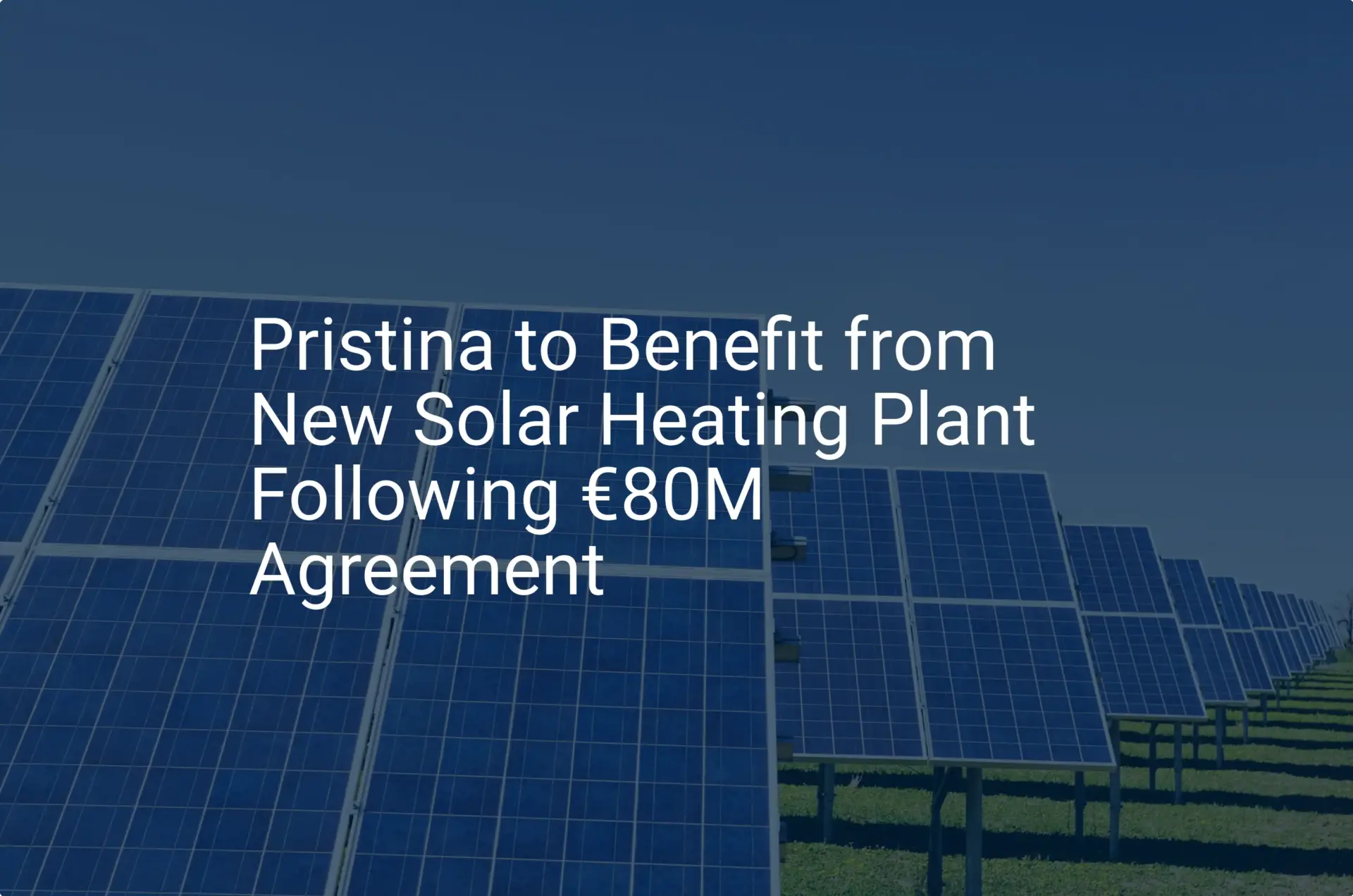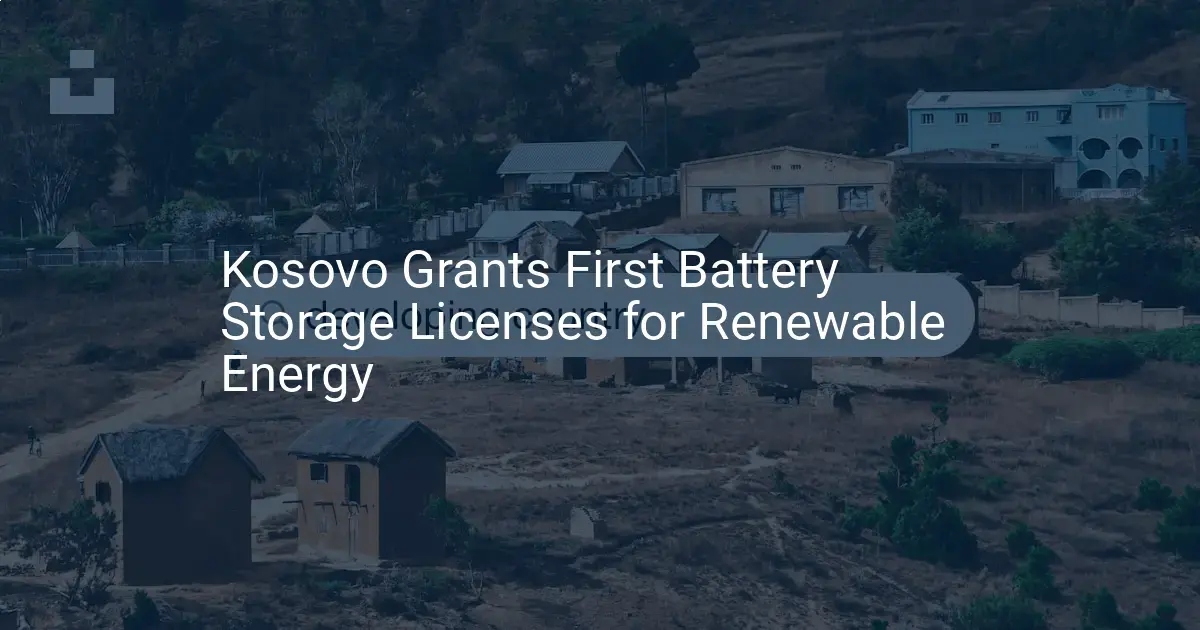Discover comprehensive insights into the statistics, market trends, and growth potential surrounding the solar panel manufacturing industry in Kosovo
- Current Results (n.d.). Average Sunshine a Year at Cities in Europe. Retrieved July 28, 2024, from https://www.currentresults.com/Weather/Europe/Cities/sunshine-annual-average.php
- Balkan Energy News (2021, July 27). Kosovo* could add 900 MW of solar by 2030, 250 MW for self-consumption – USAID. Retrieved July 28, 2024, from https://balkangreenenergynews.com/kosovo-could-add-900-mw-of-solar-by-2030-250-mw-for-self-consumption-usaid/
- Kesco Energy (2023, September 20). Electricity prices in Kosovo are the cheapest in the Region and Europe. Retrieved July 28, 2024, from https://www.kesco-energy.com/eng/news/electricity-prices-in-kosovo-are-the-cheapest-390/
- Technical University of Sofia (2022). Problems of the Contemporary Electric Power System of Kosovo. Retrieved July 28, 2024, from https://e-university.tu-sofia.bg/e-conf/files/169/paper_10.47978%40TUS.2022.72.03.005.pdf
- IMF e- library (2023, April 20). Kosovo’s Electricity Sector Challenges and Opportunities. Retrieved July 28, 2024, from Kosovo’s Electricity Sector Challenges and Opportunities in: Selected Issues Papers Volume 2023 Issue 025 (2023) (imf.org)
- KFV (2024, February). First photovoltaic power plant for Kosovo. Retrieved July 28, 2024, from https://www.kfw-entwicklungsbank.de/Partner-countries/Europe/Project-information-Kosovo-Solar-farm/
- GEM Wiki (2021, April 30). Kosovo and coal. Retrieved July 28, 2024, from https://www.gem.wiki/Kosovo_and_coal?utm_source=perplexity#cite_note-r2-9
- Balkan Energy Prospect (2020). Kosovo. Retrieved July 28, 2024, from https://wb6energyprospect.com/kosovo.php
- Reddit (2022). Power cuts and outages. Retrieved July 28, 2024, from https://www.reddit.com/r/kosovo/comments/wxm115/power_cuts_and_outages/?rdt=50726
- Kosovo 2.0 (2023, July 24). SOLAR BLOSSOMS. Retrieved July 28, 2024, from https://kosovotwopointzero.com/en/solar-blossoms/
- The Western Balkans Investment Framework (WBIF) (n.d.). Kosovo, Solar4Kosovo – Photovoltaic Plant. Retrieved July 28, 2024, from https://www.wbif.eu/investmentgrants/WB-IG07-KOS-ENE-01
- Balkan Green Energy News (2023, September 7). Kosovo* eases requirements for rooftop solar panels for households. Retrieved July 28, 2024, from https://balkangreenenergynews.com/kosovo-eases-requirements-for-rooftop-solar-panels-for-households/
- Balkan Green Energy News (2024, February 7). Kosovo* to subsidize solar panels for prosumers, solar thermal systems. Retrieved July 28, 2024, from https://balkangreenenergynews.com/kosovo-to-subsidize-solar-panels-for-prosumers-solar-thermal-systems/
- Talent up (2024, April 10). Average salary in Kosovo. Retrieved July 31, 2024, from https://talentup.io/blog/average-salary-in-kosovo/
- Glassdoor (2023, November 10). How much does a Manager make in Kosovo? Retrieved July 31, 2024, from https://www.glassdoor.com/Salaries/kosovo-manager-salary-SRCH_IL.0,6_IN265_KO7,14.htm
- Countrymeters (n.d.). Kosovo Population. Retrieved July 31, 2024, from https://countrymeters.info/en/Kosovo
- Bluehome (n.d.). Kosovo. Retrieved July 31, 2024, from https://www.bluehomes.com/PXXK0001/en/Selling-a-property-in-Kosovo/expose.html
- Realigro (n.d.). Kosovo. Retrieved July 31, 2024, from https://kosovo.realigro.com/for-sale/farmland/
- European Water Regulations (2022, May 30). The Regulator – The Water Services Regulatory Authority of Kosovo (ARRU). Retrieved July 31, 2024, from https://www.wareg.org/articles/water-services-regulatory-authority-of-kosovo-arru/
- ANEM Real Estate (n.d.). Office for rent 60m2 in new Prishtina. Retrieved July 31, 2024, from https://anem-ks.com/en/property/19704/zyre-me-qira-60m2-te-prishtina-e-re-a2314.html
- Wikipedia (n.d.). Electrical energy in Kosovo. Retrieved July 31, 2024, from https://en.wikipedia.org/wiki/Electrical_energy_in_Kosovo
- Energy community (2023, November 1). Kosovo* Annual Implementation Report. Retrieved July 31, 2024, from https://www.energy-community.org/dam/jcr:3da7c4f8-ea23-4169-b1e9-66b0ed05fcb7/EnC_IR2023.pdf
- EIB (2024, March 18). Kosovo: EIB accelerates green transition with €33 million for new solar power plant. Retrieved July 31, 2024, from https://www.eib.org/en/press/all/2024-113-kosovo-eib-accelerates-green-transition-with-eur33-million-for-new-solar-power-plant
- BNE Intellinews (2024, April 6). INTERVIEW: Sunny climates and government incentives drive Balkan solar markets. Retrieved July 31, 2024, from https://www.intellinews.com/interview-sunny-climates-and-government-incentives-drive-balkan-solar-markets-319735/
- WBIB (2024, March 27). Kosovo: new solar plant accelerating green transition. Retrieved July 31, 2024, from https://www.wbif.eu/news-details/kosovo-new-solar-plant-accelerating-green-transition
- Balkan Green Energy News (2024, June 3). Kosovo* signs three agreements for 105 MW solar project. Retrieved July 31, 2024, from https://balkangreenenergynews.com/kosovo-signs-three-agreements-for-105-mw-solar-project/
- RES Kosovo (n.d.). Kosovo renewable energy source portal. Retrieved July 31, 2024, from https://reskosovo.rks-gov.net/
- Balkan Green Energy News (2024, May 7). Turkey-based Yıldırım building 109 MW solar park in Kosovo* for its ferronickel plant. Retrieved July 31, 2024, from https://balkangreenenergynews.com/turkey-based-yildirim-building-109-mw-solar-park-in-kosovo-for-its-ferronickel-plant/






